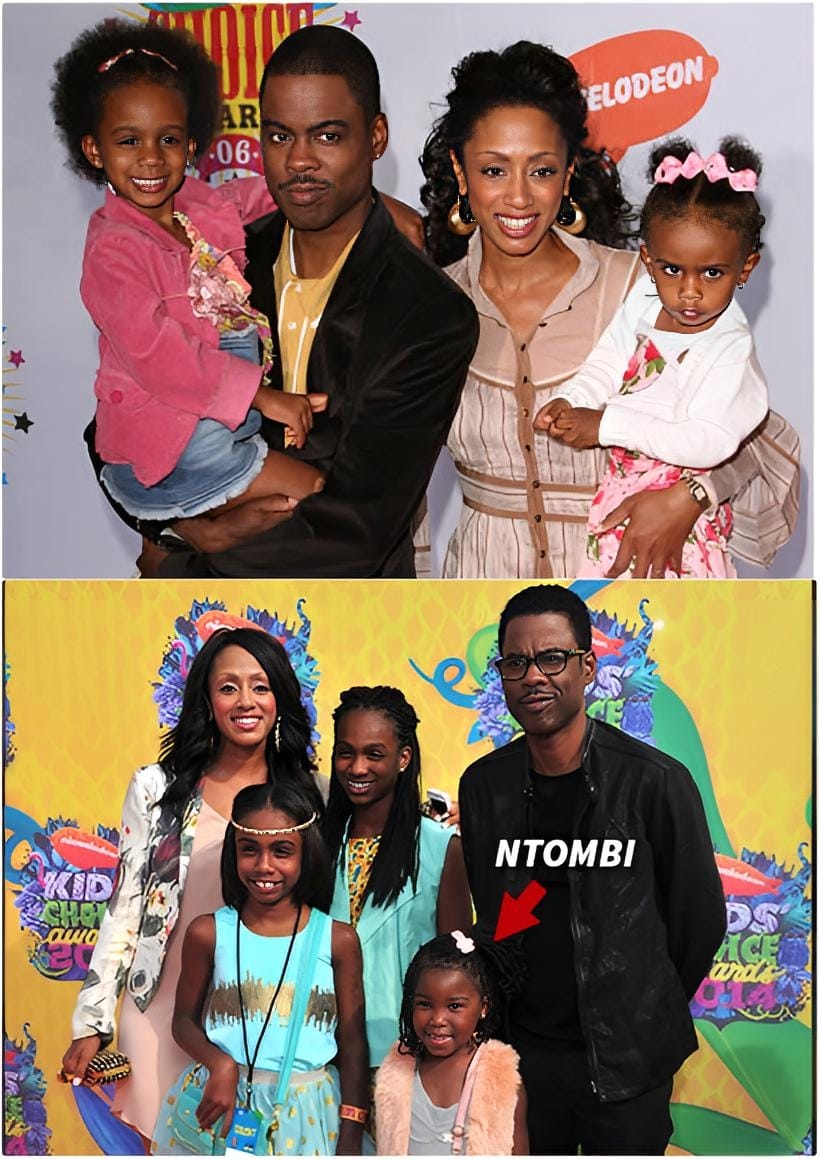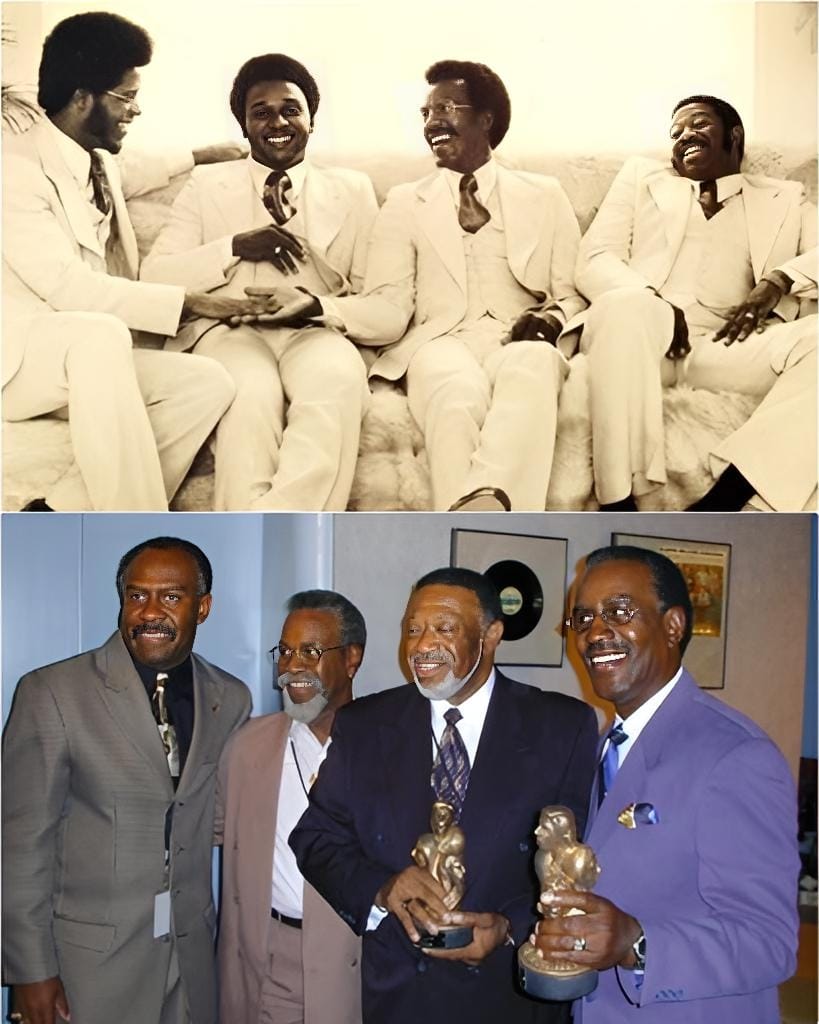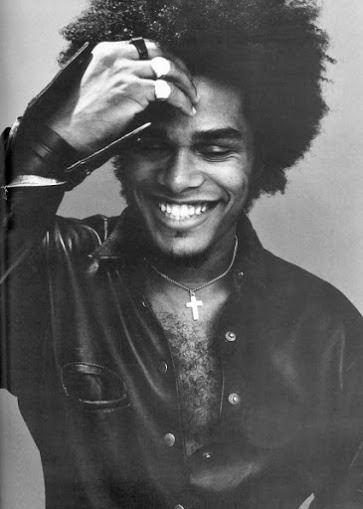A young African woman named Sibongile Sambo has fought back by setting up her own aviation company after she was rejected to work as a flight attendant.
Sibongile Sambo is a South African native who was rejected by South African Airways when she applied to be a flight attendant at the company. She was rejected because she did not meet the minimum height requirement for the role.
Not feeling discouraged, Sambo decided to set up her own business. She started her own aviation company, ‘SRS Aviation’, Africa’s first female aviation company.
Sambo launched ‘SRS Aviation in 2004’ which then operated air𝐛𝐨𝐫𝐧e services business, offering clients professional and personalized flight options to destinations around the world. SRS Aviation is also the first Black woman-owned aviation company.

Sambo said starting her own aviation business was a very tough process as she had to sell her car and use her mother’s pension money to establish her business.
She added that there were other challenges but she managed to obtain an Air Operating Certificate from the South African Civil Aviation Authority (CAA), enabling her company to operate commercial flying activities.
Sambo stated that not too long after she started her business in 2004, she was commissioned with her first flight for the South African government and presently, she is one of Africa’s women bosses leading male-dominated industries.
She mentioned that she also partnered with MCC Aviation, an established fixed and rotor wing Air Charter service provider to provide her access to not only a fleet of aircraft but operational and technical support.
Sambo said she is working to change the status of her having few women in professional careers, through the strategic relationship she has with Women of Color in Aviation & Aerospace in the United States of America.
She added that also being a member of Women in Aviation International (WAI) will enable her to achieve the goal. In 2016, CNN reported that she had helped three women get their private pilot licenses and those women were working with her company full-time.
“I’m where I am today because somebody invested in me. It’s my opportunity now to invest in other people,” Sambo said.





